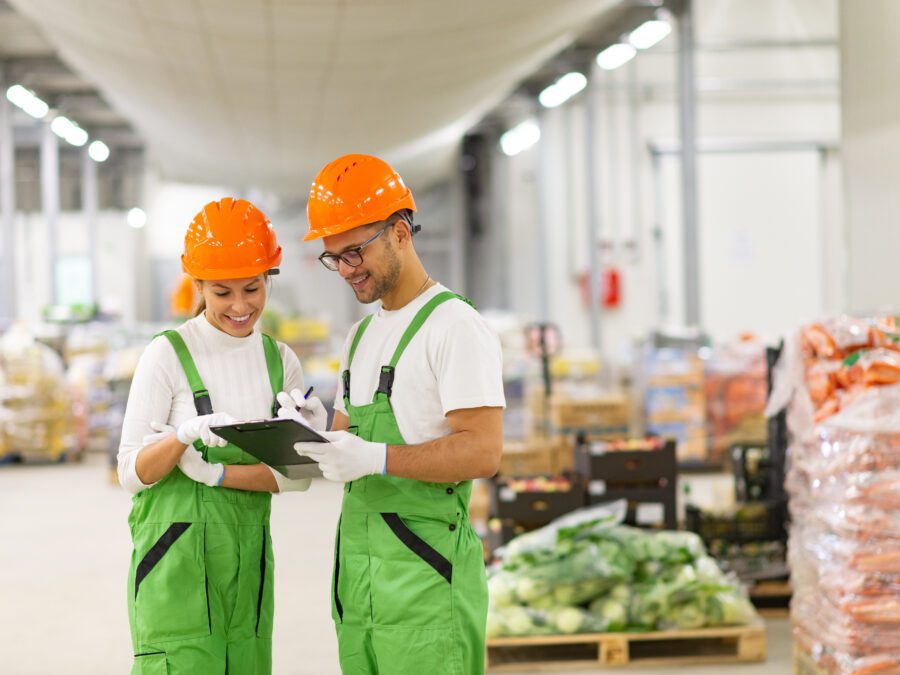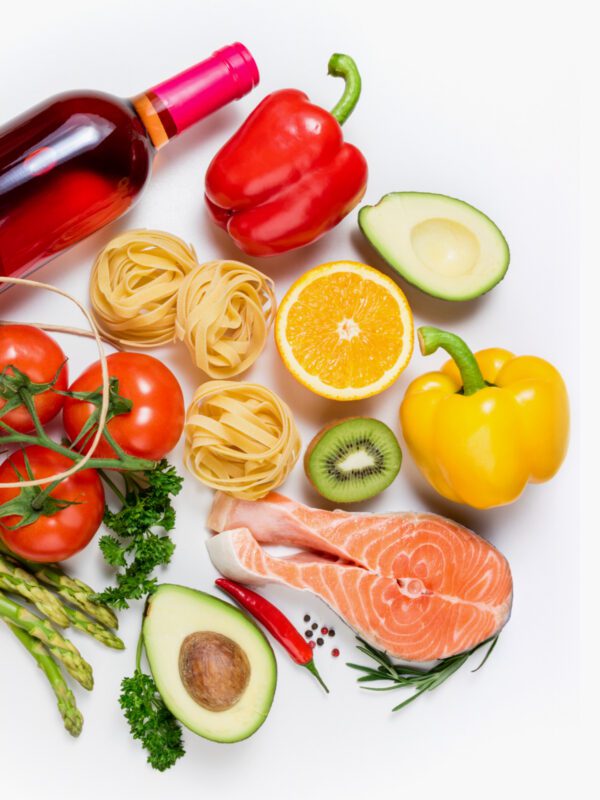Food Traceability Software
Track your products from farm to fork — and everywhere in-between — with FoodLogiQ Traceability.
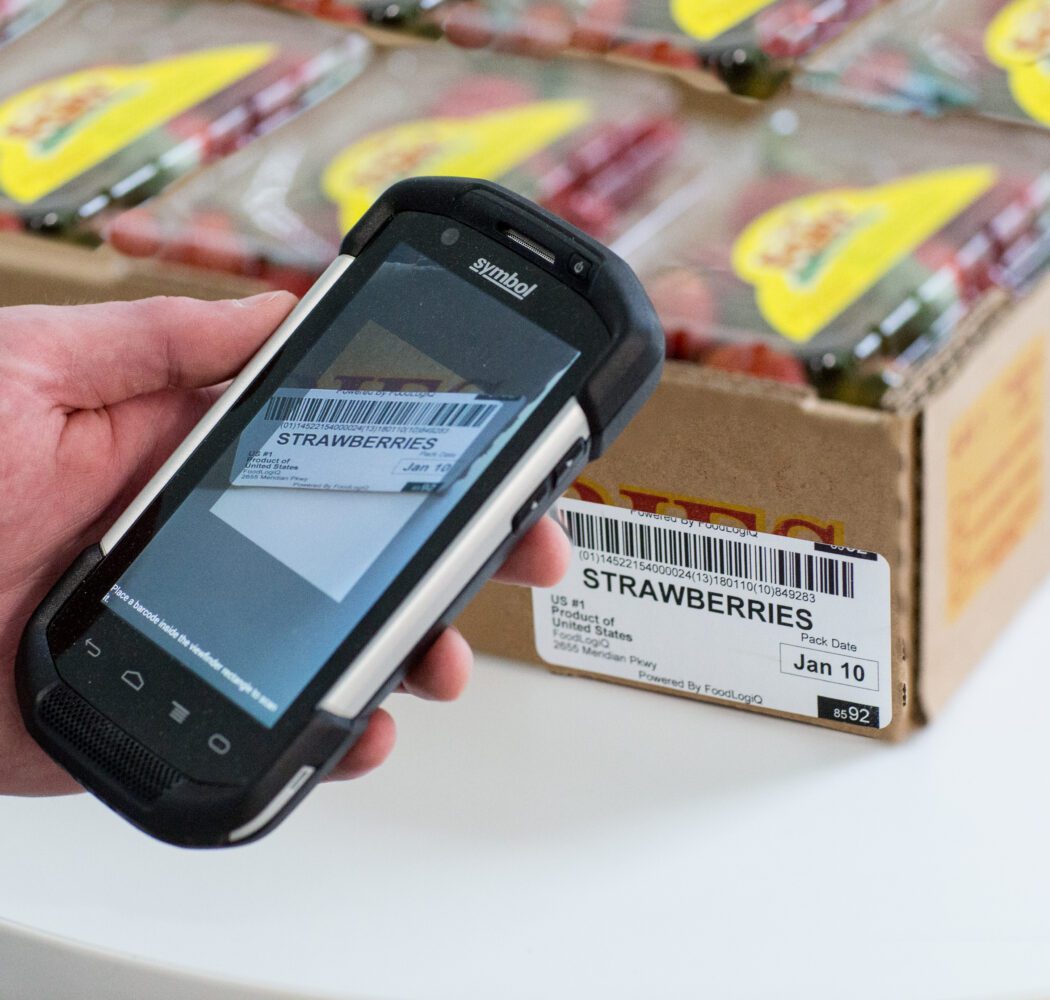
foodlogiq traceability
Modernize Your Supply Chain for the New Era of Food Safety
Consumers are demanding greater transparency in the food supply chain and traceability regulations are pushing the needle forward. With the impending deadline for FSMA 204 compliance by January 20, 2026, food companies need to bolster their traceability plans and software to match the rising tide. FoodLogiQ Traceability is here to help.
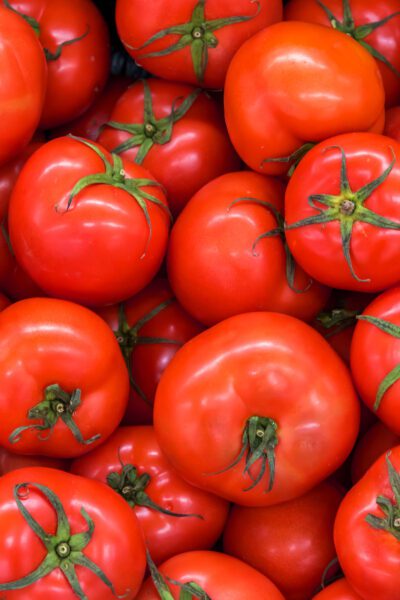
Optimize Supply Chain Transparency with End-to-End Food Traceability Software
Capture and Share CTE Data with Your Food Traceability Software
FoodLogiQ Traceability helps with FSMA 204 compliance by capturing and sharing CTE data across your organization and stakeholders, so you can trace your products, store data, and quickly find traceability information when requested.
Trace Ingredients from Source to Consumer
With food and ingredient traceability software, you’ll have complete visibility into the journey of your products’ ingredients.
Visualize at the Traceability Lot Level
Trace products at a batch-lot level both forward and backwards along your supply chain, and speed up withdrawals if they need to happen.
Give Teams Data to Make Decisions
Empowered teams act decisively and faster — improving your freshness, inventory, and customer experiences.
Identify Root Causes of Incidents
Enhanced food traceability software helps you quickly find, manage, and address the root causes of food adulteration incidents.
Align with GS1 Standards for Traceability
Compliance is critical to your operation and customer reputation. Our flexible food traceability software is aligned with GS1 standards for traceability.
Report and Audits from Mobile Devices
From field to floor, your teams need instantaneous access to critical information, and FoodLogiQ Traceability gives you that capability.
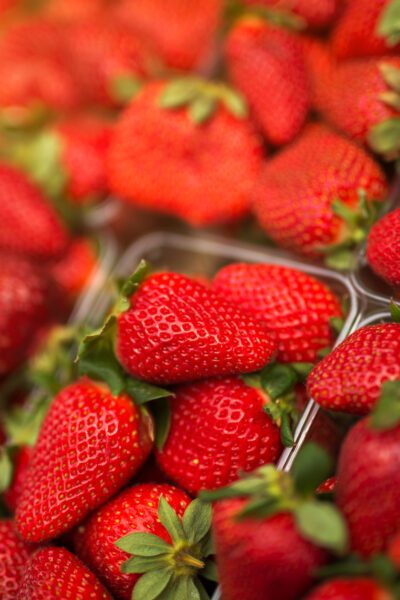
Featured Report
Read the 2023 State of Traceability Report
Discover how FSMA 204 and evolving regulations impact your industry, what else is driving adoption, and the future vision for food traceability.
Trace and Trust with Us
Discover the power of supply chain visibility with FoodLogiQ Traceability from Trustwell.
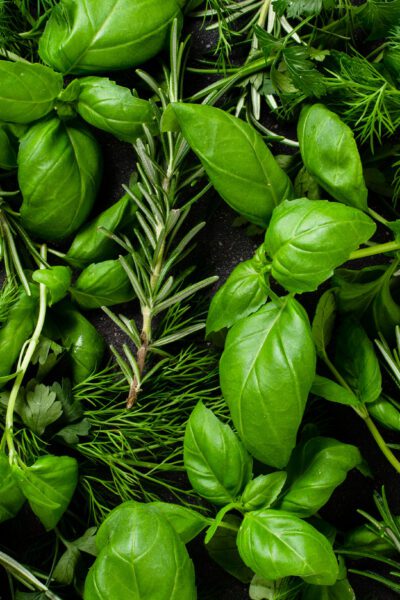
Schedule a Free FSMA 204 Consultation
Are you ready for FSMA 204 data requirements? Schedule a free 30-minute consultation with the Trustwell team to identify what foods are impacted by the ruling and how you can strategically prepare ahead of the Jan 2026 compliance deadline.

Capture lots, expiration, and shipping dates
Track forward and backward along your supply chain
Be alerted to impacted lots to launch withdrawals

Identify root causes to improve food safety efforts
FOR comprehensive supply chain transparency
Reduce Risk and Move Faster with Lot-Level Traceability
Lot-level food traceability empowers your teams to trace, track, and manage data at every stage of the supply chain.
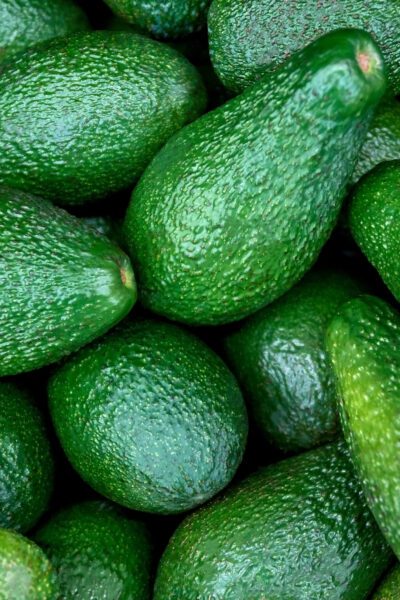
Featured Case Study
Chipotle Uses FoodLogiQ Traceability to Build a Cutting-Edge Track and Trace Program
Learn how Chipotle built a tech-enabled traceability program using FoodLogiQ Traceability to enhance safety and visibility within their supply chain.
Compliance Tools
Align with FDA Traceability Regulations
Proactively plan for audits and gain confidence in your regulatory compliance strategy with industry-leading food product tracing software by Trustwell. Be better prepared for FSMA 204 compliance and its many data capture requirements with built-in reporting to help you monitor by supplier, location, and product, giving you the visibility you need to ensure you’re ready for FSMA 204’s recordkeeping regulations.
Our tools give you the ability to quickly adapt to a changing regulatory landscape, so you can stay compliant — mitigating business risk and improving consumer safety.

Discover Food Product Tracing Insights
Find out what’s happening in the complex food industry regulatory environment and how to stay compliant while protecting consumers with our regularly published insights.
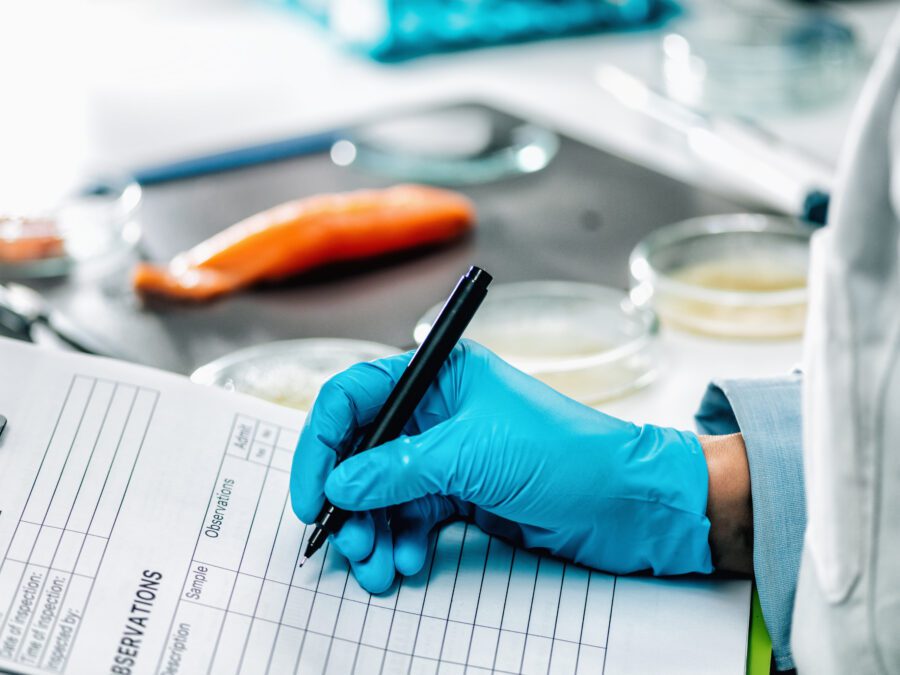
Food Industry
Industry Regulations
